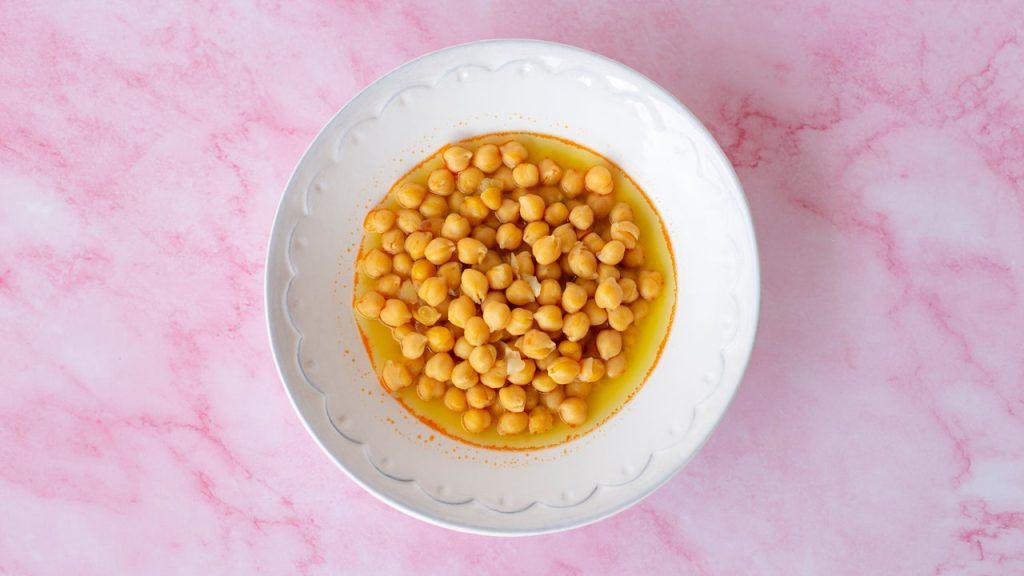In his book Beauty In My Plate, Dr. Olivier Courtin-Clarins highlights the numerous benefits of eating chickpeas and other legumes. These Mediterranean legumes are rich in fiber and protein, making them a great addition to a healthy diet. They may help maintain a healthy body weight and even contribute to longevity. Courtin-Clarins references six clinical studies that suggest the consumption of legumes can reduce body fat and contribute to weight loss without the need for caloric restriction. The high fiber and protein content of chickpeas make them a satiating food that can aid in weight management.
The high fiber content of chickpeas and other legumes may also promote healthy aging. Courtin-Clarins points out that a study conducted over 10 years found that people who consume more fiber are twice as likely to age better than those who do not. Eating a high-fiber diet rich in plant foods like legumes can benefit the body in a variety of ways, including reducing inflammation, strengthening the immune system, improving joint health, and lowering the risk of various diseases. Those who do not consume enough dietary fiber may be at risk of accelerated aging according to some studies.
Nutritionist Paula Martín Clares emphasizes the nutritional value of chickpeas in her book Healthy Skin Comes From What You Eat. Chickpeas are an excellent source of protein, calcium, potassium, iron, phosphorus, magnesium, vitamin B6, and vitamin E. They can help protect against water retention, regulate blood cholesterol levels, digestive system function, blood sugar levels, and promote the proper functioning of the nervous system. Chickpeas are described as energizing and essential for overall physical and mental health by nutritionist Beatriz Larrea.
When incorporating chickpeas into your diet, it is important to consider how they are cooked and what they are eaten with. Nutritionist Larrea suggests pairing chickpeas with grains to create complete proteins with all essential amino acids. Courtin-Clarins recommends soaking chickpeas before cooking to reduce gas production, and adding thyme or kobu seaweed to lessen discomfort. Canned chickpeas can be a convenient option but should be washed well and drained before use. However, it is important to choose varieties with minimal added ingredients. Some ways to include chickpeas in the diet include making hummus with tahini, lemon juice, and olive oil, adding them to salads with quinoa, vegetables, spinach, and avocado, cooking them in a stew with prawns and bell pepper, or roasting them with spices like cumin and turmeric for added flavor.
Overall, chickpeas are a versatile and nutritious food that can offer numerous health benefits. Whether you are looking to manage your weight, promote healthy aging, or support overall well-being, incorporating chickpeas into your diet can be a beneficial choice. With their high fiber and protein content, chickpeas can be a satiating and nutrient-dense addition to meals and snacks. By exploring different cooking methods and pairing them with complementary foods, you can enjoy the many advantages that chickpeas have to offer for your health and well-being.


